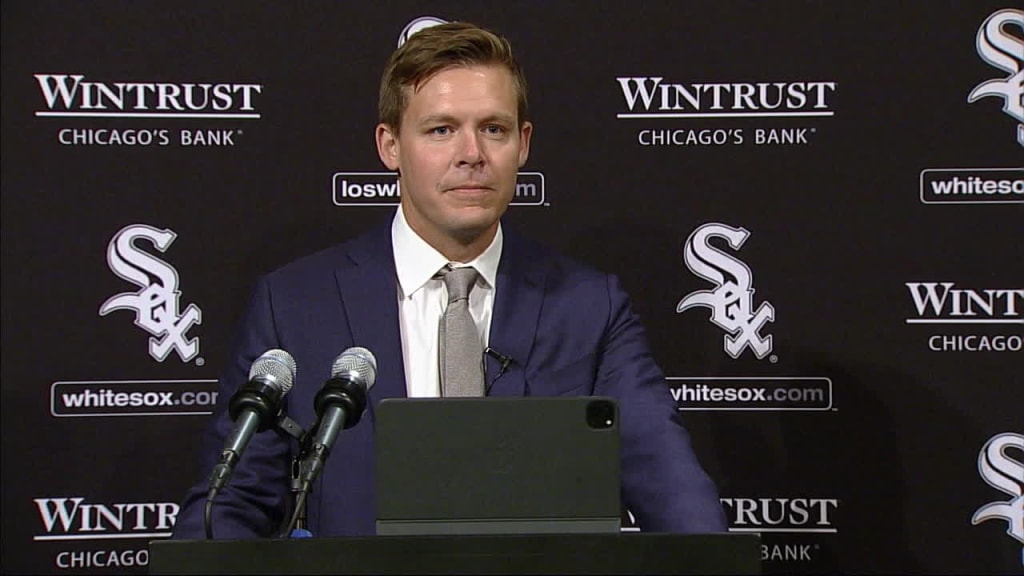
Trust the Chicago White Sox to put a damper on any positive momentum.
After enduring a dismal 121-loss season, the Sox have recently been riding a wave of good news. They landed one of the top managerial candidates without big-league experience, Will Venable, and made a forward-thinking move by appointing Ryan Fuller as director of hitting. Fuller, who comes from the Baltimore Orioles, brings expertise in developing young hitters—exactly the kind of progressive hiring that ambitious organizations pursue.
Then general manager Chris Getz threw a wet blanket on all of that when he made it clear that he is likely to trade ace pitcher Garrett Crochet this offseason.
Garrett Crochet has been one of the few positives for a White Sox team coming off a historically bad season. He rose from just 73 career innings with no pro starts to earning an AL All-Star nod and finishing the season as the only Sox player with an fWAR over two.
Any team would be eager to lock down a 25-year-old lefty ace for the long term. Yet, with the White Sox unlikely to make major investments in free agency or spend big on pitchers, Crochet’s future on the South Side looks uncertain. Although he’s still under team control for two more seasons, GM Chris Getz has a rare trade asset in Crochet—a valuable bargaining chip to help rebuild the Sox’s lineup, which desperately needs impact bats and won’t be boosted much by free agency spending.
White Sox fans may be frustrated, as it would be refreshing to see the team retain a talented homegrown player or even break their trend and offer a contract over $100 million—standard for players like Crochet, who posted a 4.7 fWAR. But, as was the case with Dylan Cease, who was traded before the season without serious extension talks, Crochet might be the next in a line of young pitchers developed by the Sox but moved before their payday.
This cycle of developing strong pitchers only to trade them away makes it hard to be optimistic about the organization’s promising pitching prospects like Jonathan Cannon, Drew Thorpe, Davis Martin, Sean Burke, Noah Schultz, and Hagen Smith. Despite their potential, the Sox’s reluctance to invest in homegrown talent, coupled with their struggles in developing hitters, dampens excitement for fans.
That’s why the hiring of a director of hitting was a hopeful step—one quickly overshadowed by the likelihood of yet another young star being traded.

Leave a Reply